EXCLUSIVE: Moldova’s Battle of Narratives: Europe, Russia, Shrinking Space for Debate
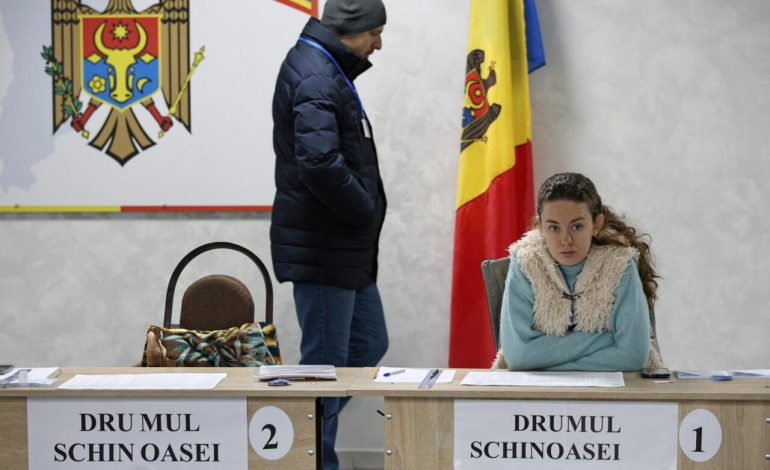
As Moldova approaches its September 2025 parliamentary elections, the stakes are being cast in stark, almost theatrical terms. President Maia Sandu and her Action and Solidarity Party (PAS) present the vote as a decisive moment: Europe or chaos, democracy or Moscow.
But behind this framing lies something less about policy and more about politics as performance. In Moldova today, “pro-European” has become not simply a policy orientation but a political weapon. To criticize the ruling party is to risk being labeled “pro-Russian,” even when a platform combines EU integration with pragmatic economic ties to Moscow.
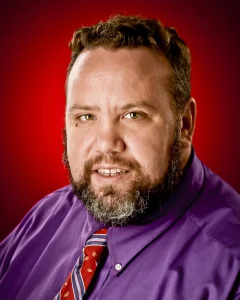
Michael O. Slobodchikoff, a political scientist at Troy University, sees Moldova as part of a larger regional pattern.
“Moldova has long been viewed as a battleground country between Russian influence and European influence,” he explains. “Moldova is neither solidly in the pro-European camp, nor is it pro-Russian. Yet both of those labels have been used as political weapons.”
This binary framing echoes battles elsewhere. Georgia, Ukraine, even the United States: all have seen political language sharpened into ideological labels.
“Similar to how Ronald Reagan was able to make ‘liberal’ into a political weapon in the United States, both sides in Moldova have used the labels to great effect,” says Slobodchikoff.
The tactic is not restricted to Moldova. Across Europe, “pro-European” branding often signals not just support for EU integration, but a particular cultural identity that paints Russian conservatism as its foil. In this sense, Moldova is not an outlier but a case study in a broader cultural war.
The effects are corrosive. Instead of debate, polarization deepens.
“Democracies thrive with discussion and disagreement,” Slobodchikoff warns, “but there is increasing polarization occurring world-wide, which often leads to erosion of democracy. This is not to say that blame should be attributed to only one side. Both sides have increasingly moved farther apart from each other, making compromise and policy-making difficult.”
In Moldova, these divisions play out in multiple arenas. The diaspora vote, decisive in past elections, once again threatens to tip the balance, but opposition groups are being denied access to campaign abroad. NGOs, originally meant to hold governments accountable, are now often seen as extensions of ruling-party messaging. Together, these practices reinforce a political environment where identity eclipses ideas, and where the contest is over narrative dominance, not service to citizens.
That is what makes Moldova’s election resonate beyond its borders. It mirrors the struggles of democracies elsewhere: whether dissenting voices are dismissed as “anti-democratic” or “extremist” in Washington, or as “pro-Russian” in Chișinău, the result is the same. Citizens face narrowing choices, forced into binary camps that erode pluralism.
Moldova’s path toward Europe is paved with monopolized narratives and suppressed opposition, with the integration risks being hollow. As Slobodchikoff points out, the labels themselves are the problem. They simplify, divide, and in doing so, weaken democracy’s most vital ingredient: the possibility of genuine debate.
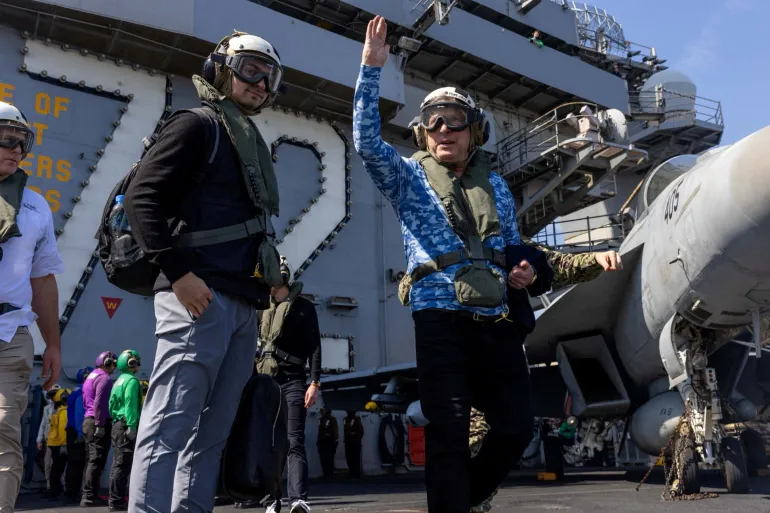

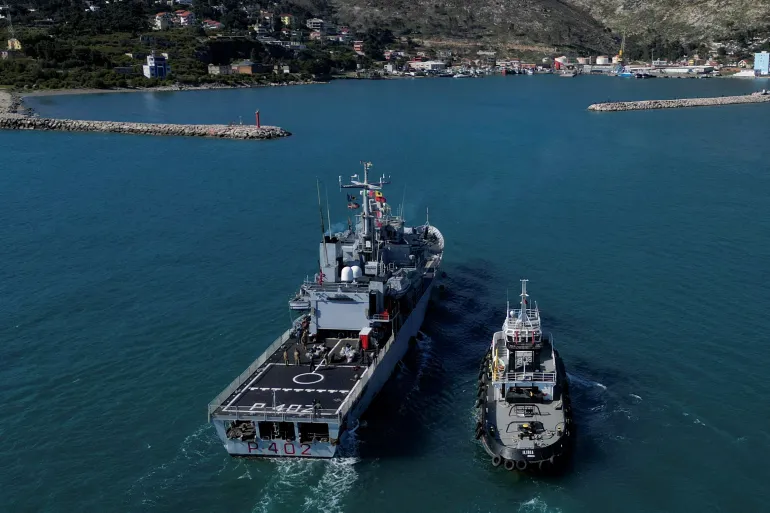
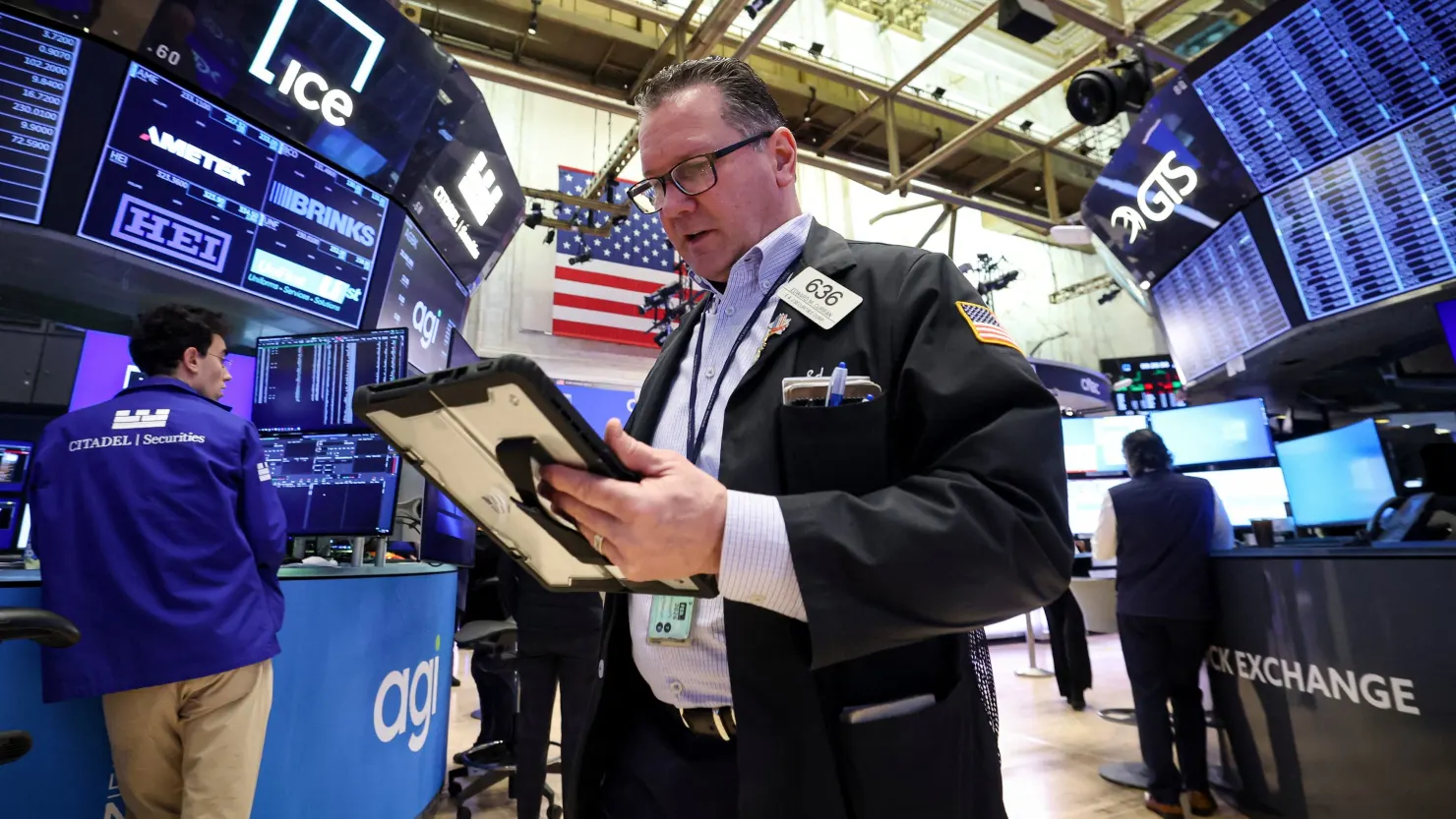
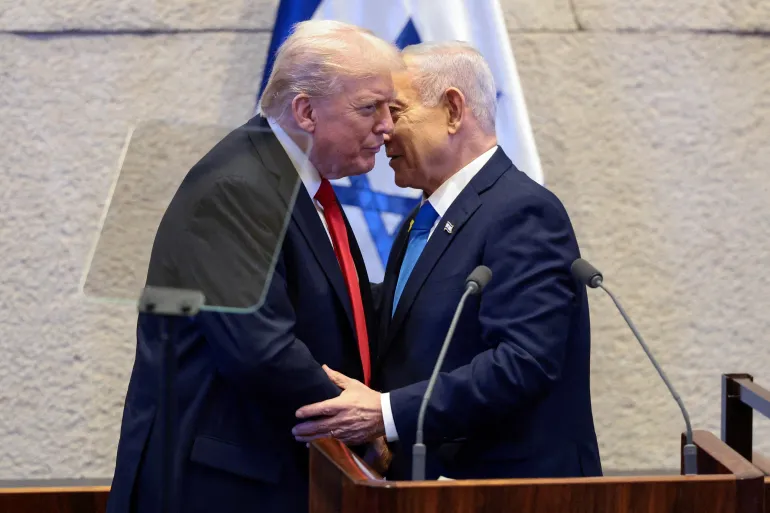

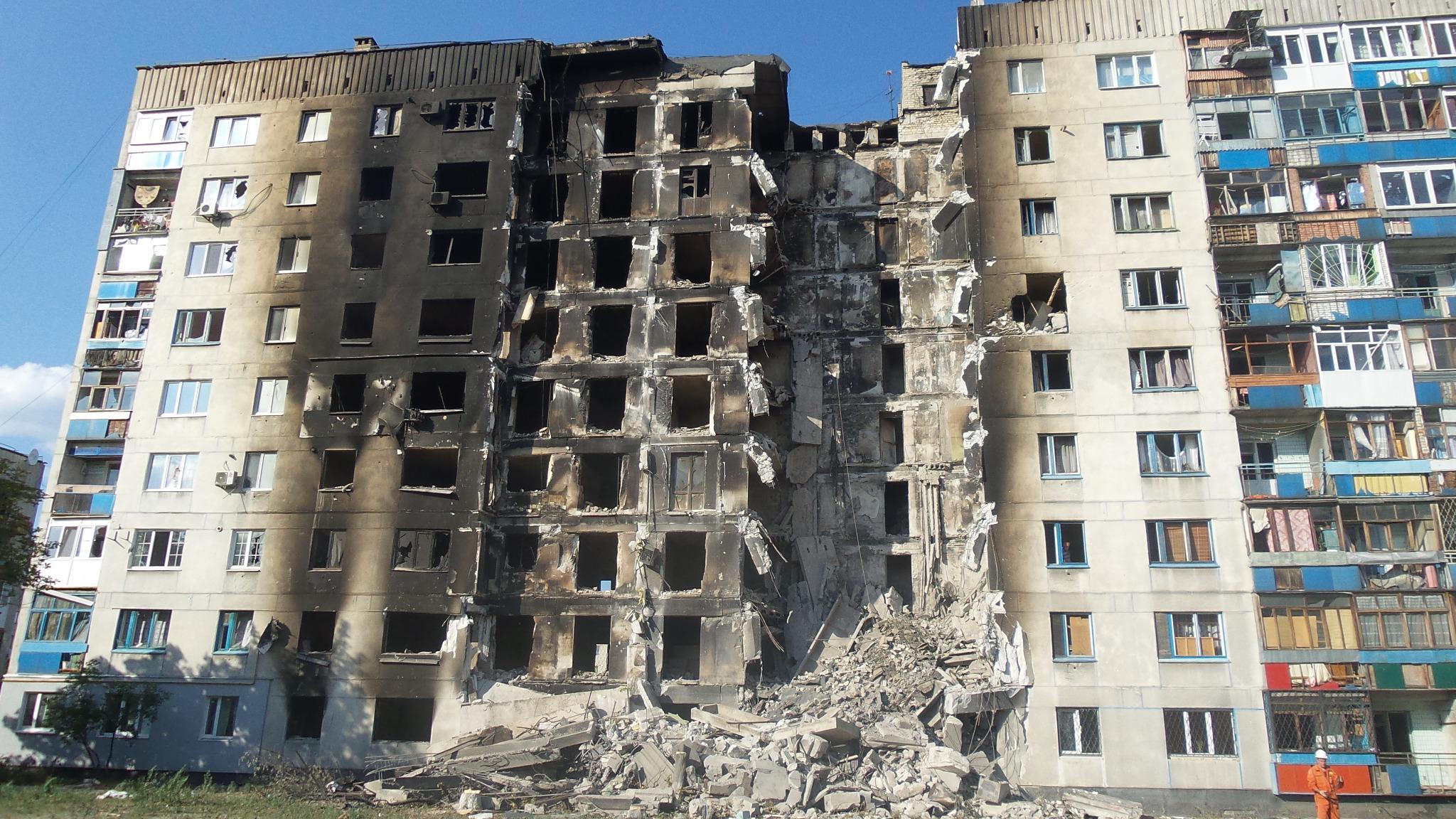


The latest news in your social feeds
Subscribe to our social media platforms to stay tuned